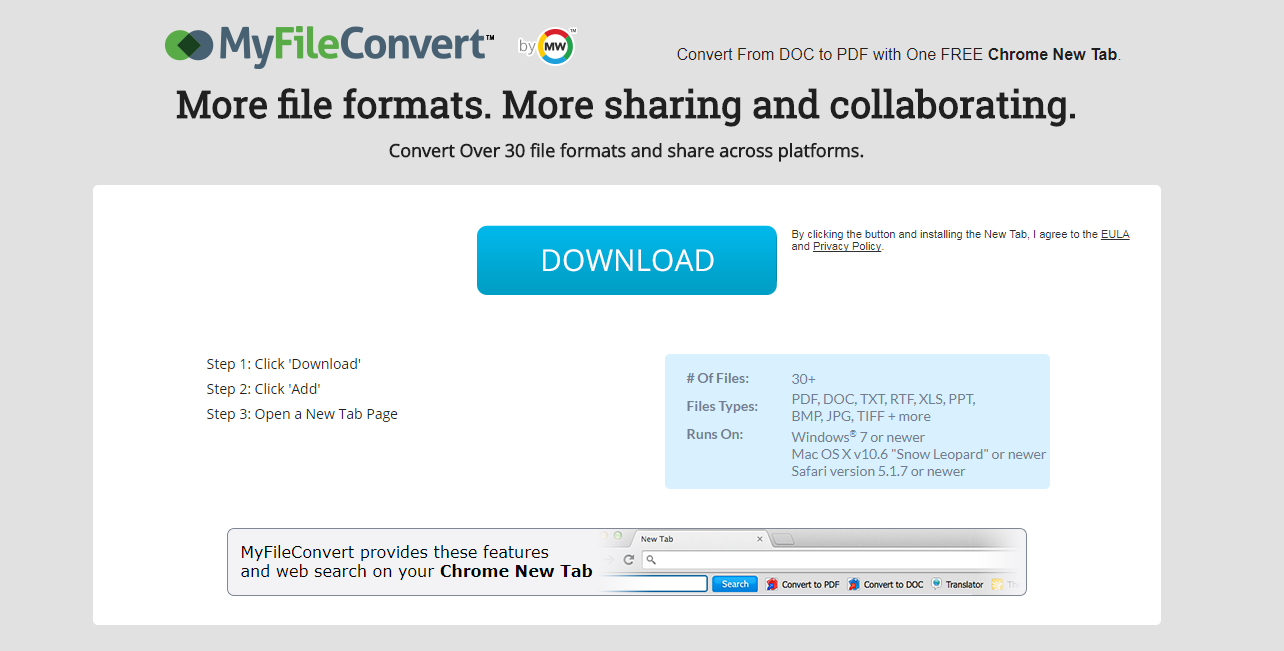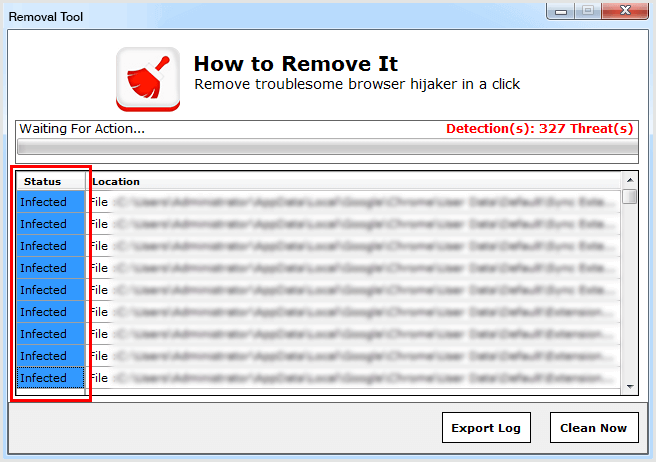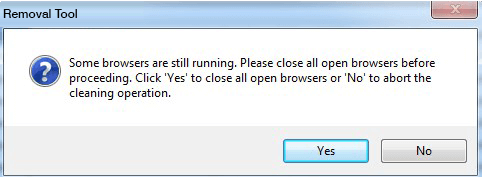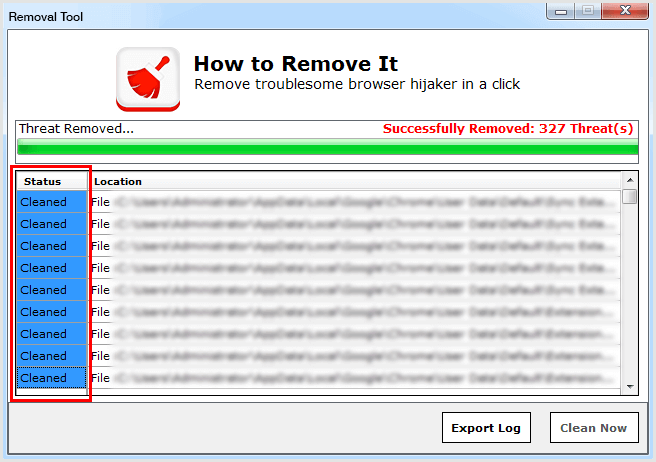MyFileConvert is a browser hijacker which is a superficial program, which serves online advertisements to promote sales, and create web traffic on the third party websites. The creator of this program earns money as a revenue on the basis of pay per click and also earns commission per click which generates revenue. This nasty threat can also inject its harmful codes into the registry editor to get started automatically on your system. According to its creator it provides the ability to quickly convert files of various formats online but in reality it plays a browser redirector.
In order to remove this malicious virus from your system then download free malware removal tool and remove the desired virus in easy steps.

How Harmful is this Hijacker?
Is the browser that you are using getting struck while browsing? Are you suddenly getting pop-ups on your computer screen? If the answer is YES, then it is definite that your computer has been hijacked and some adware/malware has got into your computer. This infection alters your browser settings, sets its own home page, and continually checks the data related to your browsing activities.
How does it get in your computer and its behavior changes:
MyFileConvert by MyWay virus usually utilizes free applications and spam links to spread over your computer and the internet connection you are using. It comes bundled with other free programs via its downloaders and installers or hacked and illegal websites.
- The symptoms of infection are sluggishness and degraded performance.
- Display of massive pop-up ads, weird changes in the web browser settings.
- Installation of unknown programs.
- Hijacks the browser and resets its default settings replacing the preset homepage, search engine and new tab URL option with hp.myway.com.
- This virus by MyWay has the ability to keep track of every move you make on your computer, which include your web searches and all the confidential information you might have shared, like your full name, phone number and home address, credit card accounts, passwords and so on.
Targeted browsers.
- Google Chrome
- Mozilla Firefox
- Internet Explorer
DON’T PANIC-Below are two effective ways to get rid of this infection.
How to remove MyFileConvert
You can remove it using the given methods:
Remove MyFileConvert using MyFileConvert RemovalTool.
Scan your PC with:
1. Download MyFileConvert RemovalTool by clicking on the given link:
MyFileConvert RemovalTool
2. As soon as you open the downloaded file a security warning will pop-up as shown below, click on ‘Run’ button.

NOTE: You will not see this pop-up in Windows 10.
3. A pop-up window will appear again. Click on ‘Yes’.

4. Now, It will automatically detect and show the active threats present in your system.
5 Then a setup window will open, click ‘Next’ button to start the installation process.
6. To remove all the threats which were detected, click on ‘Clean Now’.

NOTE: If any browser is still running, close it before proceeding.

7. A window will now show up saying all the infected files, folders and registry entries has been removed successfully.

Tips to Prevent My File Convert From Infecting Your System:
- Enable your popup blocker: Pop-ups and ads in the websites are the most adoptable tactic used by cyber criminals or developers with the core intention to spread malicious programs. So, avoid clicking uncertain sites, software offers, pop-ups etc.
- Keep your Windows Updated:To avoid such infections, we recommend that you should always keep your system updated through automatic windows update. By doing this you can keep your device free from virus. According to survey, outdated/older versions of windows operating system are an easy target.
- Third party installation:Try to avoid freeware download websites as they usually install bundled of software with any installer or stub file.
- Regular Back up: Regular and periodical backup helps you to keep your data safe in case the system is infected by any kind of virus or any other infection. Thus always backup important files regularly on a cloud drive or an external hard drive.
- Always have an Anti-Virus: Precaution is better than cure. We recommend that you install an antivirus like McAfee or a good Malware Removal Tool like Free Malware RemovalTool. Apart from this we would suggest a regular updating of these software to detect and avoid latest infections.
- Install a powerful ad-blocker for Chrome, Mozilla and IE.
